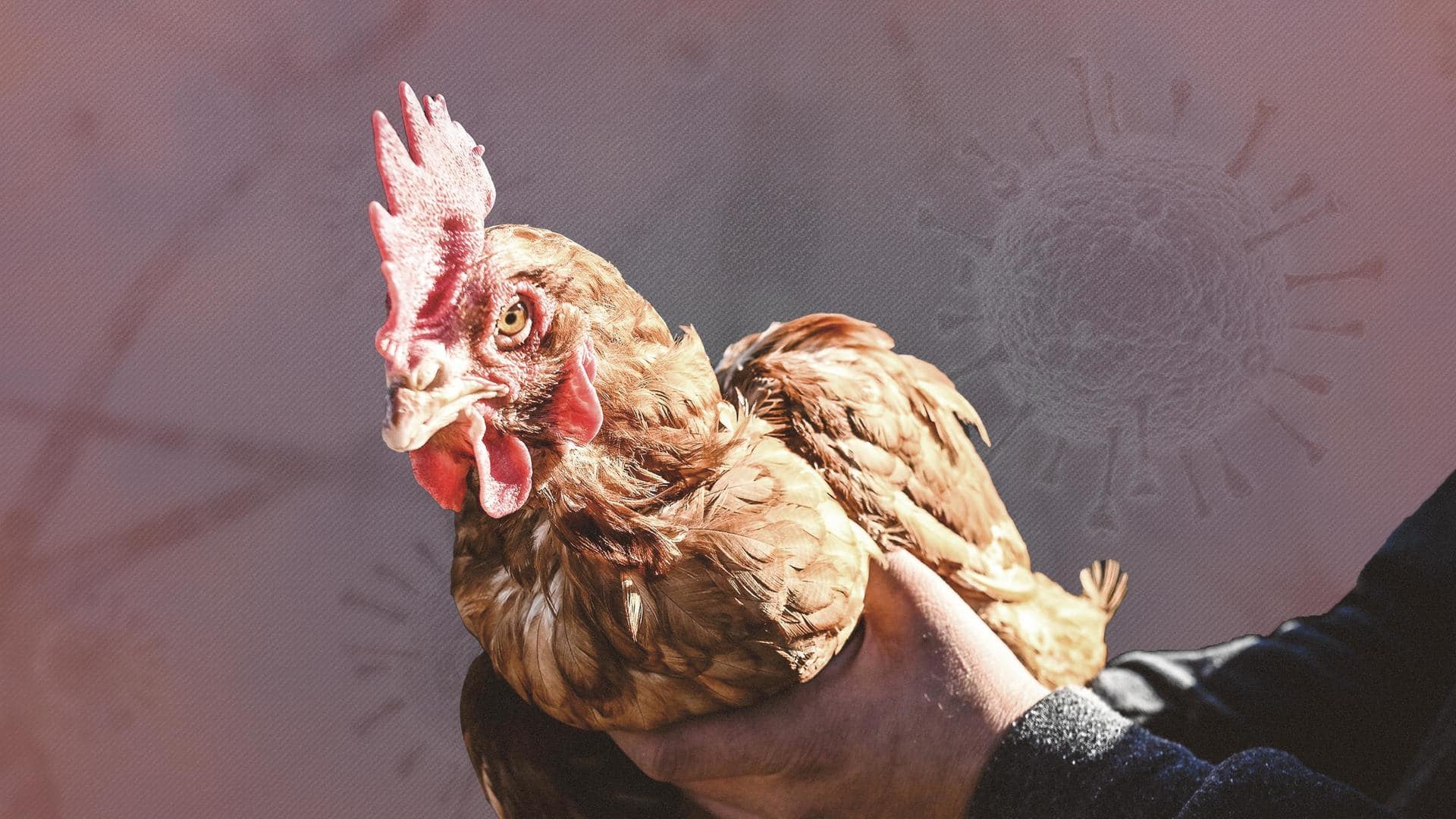
More contagious bird flu virus poses global pandemic risk: Experts
What's the story
Scientists warned that the H5N1 virus that caused record cases of bird flu or avian influenza in birds across the world is changing rapidly and can cause a global pandemic, AFP reported.
Although experts emphasized that the risk to humans remains low, the surging number of cases in mammals was a cause for concern.
They called for the vaccination of poultries in all countries.
Context
Why does this story matter?
Over the past year, the bird flu, or avian flu virus (H5N1) has spread worldwide, resulting in the deaths of over 200 million birds.
This has reportedly raised concerns among governments about the virus's potential to spread to humans and non-avian species.
However, the number of documented H5N1 cases in non-avian species is low, according to the Canadian Food Inspection Agency (CFIA).
Details
Bird flu virus became more infectious in mid-2021: WHO scientist
Richard Webby, the head of a World Health Organization (WHO) center investigating influenza in animals, told AFP that the H5N1 virus first appeared as a seasonal outbreak but became more infectious in mid-2021.
Outbreaks have continued all year since then, spreading to new locations and resulting in mass deaths among wild birds and the culling of millions of poultry birds, he added.
Instance
Virus caused more deadly diseases in North America
Webby, who is a researcher at St. Jude Children's Research Hospital in Memphis, United States, said the 2021 outbreak was the world's biggest.
His research published in the Nature Communications journal this week reportedly shows how the virus rapidly changed and moved from Europe to North America.
The virus's pathogenicity rose, causing more deadly diseases in North America, the study claimed, per AFP.
Human
Fast-mutating H5N1 virus can become like human virus soon: Experts
The WHO expert highlighted that the risk of spreading bird flu to humans was relatively minimal but that the virus is constantly changing.
However, the virus's ability to rapidly mutate can allow it to become more like a human virus.
Notably, humans have caught the potentially lethal virus in rare circumstances, generally after coming into close contact with sick birds.
Scare
Evidence found that H5N1 virus easily sustaining in mammals
Virology head at the United Kingdom's Animal and Plant Health Agency, Ian Brown, said there has not yet been "clear evidence" that H5N1 virus is "easily sustaining in mammals."
He said it remains "more effective in birds" and "unadapted to humans."
However, Webby said the viruses take two to three minor changes in a receptor protein to become more adapted to humans.
Vaccination
Scientists recommend mass vaccination of poultry to prevent human transmission
According to experts, vaccination of poultry can lessen the danger to humans.
Christine Middlemiss, the UK's chief veterinary officer, stated that while vaccination of birds is not a "silver bullet," reluctant countries should explore vaccination more often.
Director General of the World Organization for Animal Health, Monique Eloit, said that the subject of vaccination poultry should be the priority now.